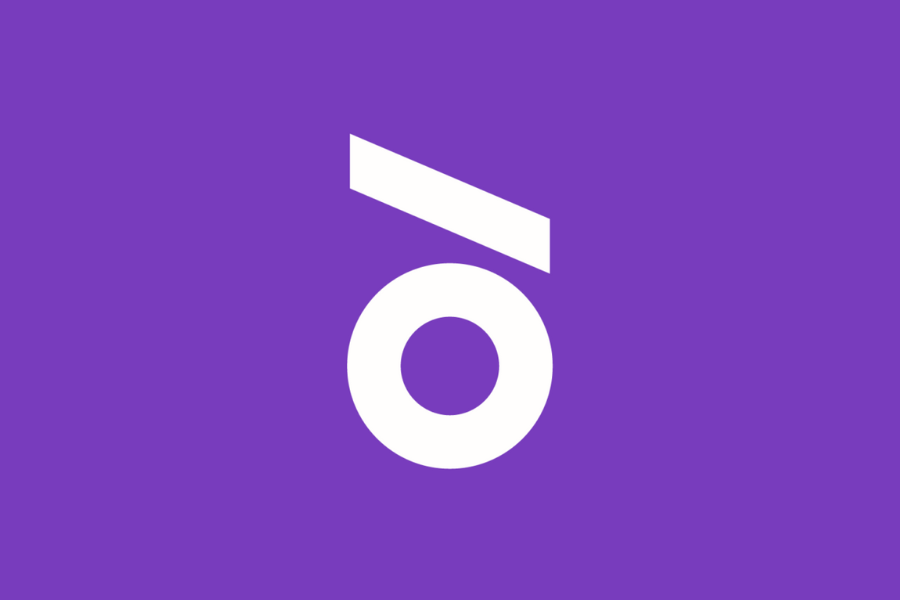The project “Parti-GEMI: Paving the way for the participation of migrants in institutions of collective representation – Counseling support and skills development with a gender perspective”, coordinated by Diotima Centre, has as its main pillars: counseling support, skills development, awareness raising, information of migrants.
The project was implemented in 2013 with funding from the European Commission – Directorate – General – Home Affairs, Directorate B Migration Asylum – Unit B2: Asylum and Migration Fund.
The project aims to strengthen the participation of migrant women and men in collective representative bodies in order to give meaning to the concept of citizenship, a right from which migrants are excluded or discouraged from exercising, at the national and European levels.
By identifying and analysing the barriers to the political participation of migrants, it aims to eliminate them, both at the level of political planning and at the level of implementation. At the same time, it seeks to ensure equal treatment and equal management of human resources in public and private sector workplaces.
The vision of the project is to ensure the right to full participation of migrant women and men in civil and political institutions, and to highlight the responsibility of host societies to ensure this right. Through the program, the aim is to strengthen solidarity and a common sense of belonging between natives, migrants and EU citizens.
Specific objectives
- Through action research and the study of existing policies in 4 European countries, the project will assess and highlight the differentiated needs of migrant women and men regarding their individual/political, social, economic and cultural integration
- Through continuous and systematic contact and interaction between migrant women and natives (e.g. through consultation meetings/conferences, capacity building training, open mutual learning meetings/conferences with stakeholders) the project will strengthen the skills and resources needed for more active citizenship, which is articulated with three participatory institutions: local government administration (local councils, local authorities), unionization and trade unions (unions, federations, workers’ centers and confederations) and the educational community (parents’ and guardians’ associations, school councils, etc.)
- By highlighting and spreading knowledge about innovative and gender-sensitive policy measures, the project will seek to increase the opportunities for participation of migrant women and men and to integrate the proposed measures into mainstream/core integration policies.
The Parti-GE.MI. program encourages cooperation between national, regional and local authorities to strengthen integration and the participation of host societies in the processes of exchange and communication/interaction with migrant women and men, based on the principle of mutual respect for rights, obligations and different cultural backgrounds.
Partners of the project
- Centre for Women’s Studies and Research – Diotima from Greece,
- Institute of Social Research, Frankfurt am Main
- Βeramí berufliche Integration e.V. from Germany
- University of Florence
- Association Progretto Arcobaleno, from Italy
- Foundation Surt from Spain
Deliverables
- Qualitative research to identify barriers to participation





